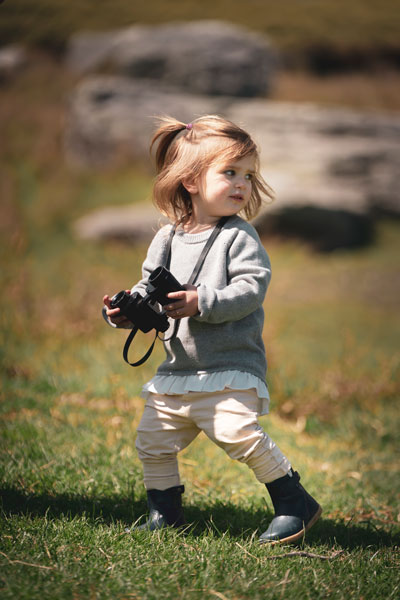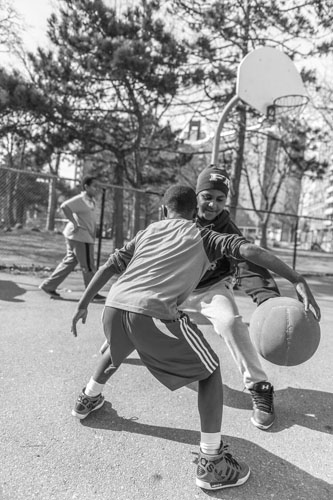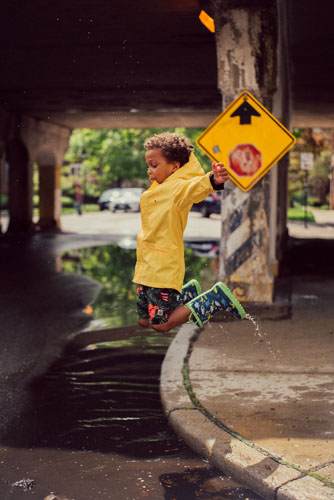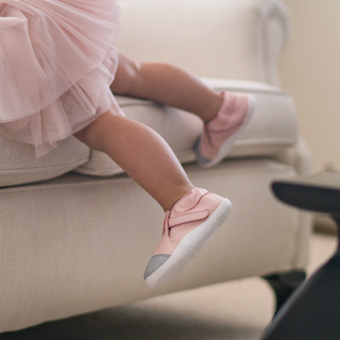 I had a great discussion with the staff at @solemechanicsfootwear recently and one of the queries they raised as a common concern from parents centred around “would my child’s feet sweat more in these” and “my child’s feet already smell, would these make them worse”.
I had a great discussion with the staff at @solemechanicsfootwear recently and one of the queries they raised as a common concern from parents centred around “would my child’s feet sweat more in these” and “my child’s feet already smell, would these make them worse”.
One of the skins many important roles is to expel excess heat from our body. The body does this by perspiration and evaporation. So it’s normal for children, adolescents and adults to sweat. Normal, healthy sweating is caused by increased temperatures, physical activity, emotional stress, particular food intake and illness. There are more sweat glands on the sole of the foot than any other part of the human body and we have about 250,000 sweat glades on the feet. Children will sweat 2-3 times more than adults and in combination with a larger surface to mass ratio in children, it means there is a lot of excess moister hanging around those little toes, getting soaked up by socks and footwear. But sweat doesn’t actually smell so why do some feet stink? This is from the bacteria that is living on the sole of the feet that can accumulate and break down in socks, shoe liners and between toes and gives off that foul odour.
However, there are circumstances where a child can have excessive sweating (hyperhydorsis) and smelly feet (bromhidrosis) and this can be caused by a number of health reasons; over active thyroid, juvenile diabetes and high blood pressure to name a few. Focal excessive sweating (focal hyperhidrosis) can be a problem with the sympathetic nervous system. This system controls the functions of our body we don’t think about too work such as sweating, heart rate and digestion.
Increased moisture and odour can be compounded by footwear made from heat trapping materials such as some plastics or synthetic socks. The increased moisture and bacteria trapped on the foot can cause local skin infections such as tinea and be a source of anxiety for some children.
Some first line options parents can look into include; use of footwear and socks that have thermoregulation properties such as Merino wool. Merino is also a natural breathable, antimicrobial and moisture wicking product that will keep your feet warm in winter and cool in summer. There is a great range of merino lined shoes from Bobux. Once conservative measures have been exhausted a medical work up from your local GP or referral to a dermatologist may be indicated.
If you have any further questions or concerns, organise a brief, no charge online telehealth/virtual appointment with myself to discuss if your infant, toddler, child or adolescent son or daughter requires a consultation. Feel free to email me directly to book a time antoni@ajcpodiatry.com.au, ajcpodiatry.com.au or via Lefort Podiatry and Fairfield Podiatry where I offer face to face & online consultations.






